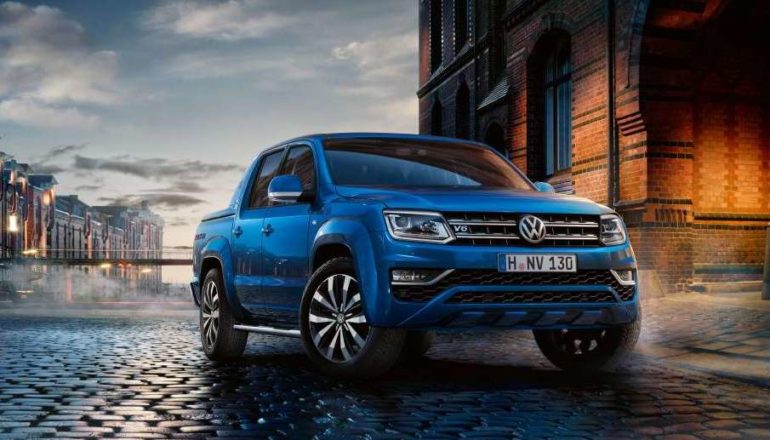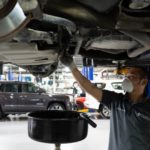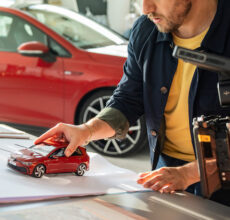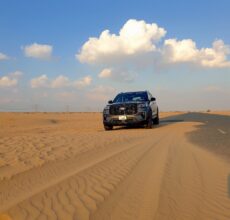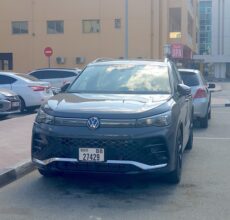PLAN IN BRIEF: A city van by Volkswagen Commercial Vehicles to be built next year and later a 1-ton cargo van engineered by Ford, and from 2022, a medium pickup built on Ford Ranger platform that will bear the name plate of Amorak. Combined production of up to 8 million of the three commercial models expected.
Ford to build new electric vehicle for Europe based on Volkswagen’s Modular Electric Drive toolkit beginning in 2023. Ford and Volkswagen to work with Argo AI independently to develop self-driving vehicles.
A new automobile language is in the making and I call it “Germerican”. Last July, Ford Motor Company and Volkswagen AG first announced their global alliance. Now, they have signed agreements that expand their alliance by sharing platforms and technology in midsize pickup trucks and commercial and electric vehicles across Europe and other regions.
Ford and Volkswagen both have a strong commercial van and pickup range including popular models such Transit and Ranger from the former and Transporter, Crafter, Caddy and Amarok from the latter.
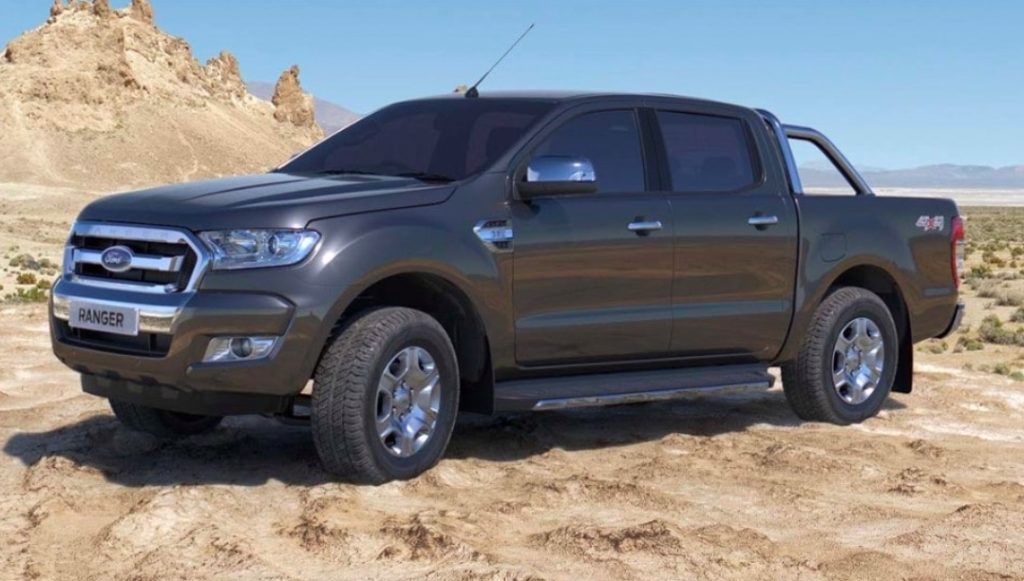
Ford Ranger in 2020 version
Starting as early as 2021, this commercial vehicles business alliance will spawn cross-platform models. First in line is a city delivery van based on the latest VW Caddy, developed and built by Volkswagen Commercial Vehicles. Next comes a one-ton cargo van built by Ford, before the alliance produces a medium pickup truck engineered and built by Ford. This is what will go by the name of Volkswagen Amarok from 2022. By the way cover picture is that of the 2020 Amarok. During the lifecycles of the 3 planned products, up to a combined 8 million units of the truck and the commercial vans are expected to be produced.
Come 2023, we would see a highly differentiated Ford electric vehicle for Europe built on Volkswagen’s Modular Electric Drive (MEB) toolkit. Over the years, Ford could build 600,000 electric vehicles on this architecture in their Cologne-Merkenich facility, designed and engineered to combine space and performance with electric drive. Talking about performance, Ford is set to bring on the all-electric Mustang Mach-E in 2021.
“In light of the Covid 19 pandemic and its impacts on the global economy, more than ever, it is vital to set up resilient alliances between strong companies,” said Volkswagen Group CEO Dr. Herbert Diess. “This collaboration will efficiently drive down development costs, allowing broader global distribution of electric and commercial vehicles, and enhance the positions of both companies.”
“This alliance comes at a time of tremendous enthusiasm about the intersection of increasingly intelligent, connected vehicles in an ever-smarter world,” said Ford CEO Jim Hackett. “This creates a huge opportunity to innovate and solve many of the world’s transportation challenges and deliver extraordinary benefits to customers – even as companies need to be selective about how they use their cash.”
“Ford will add battery electric versions of Transit and F-150 in the next 24 months for commercial customers who increasingly need zero emissions and the power of connectivity, data and artificial intelligence,” said Jim Farley, Ford chief operating officer.
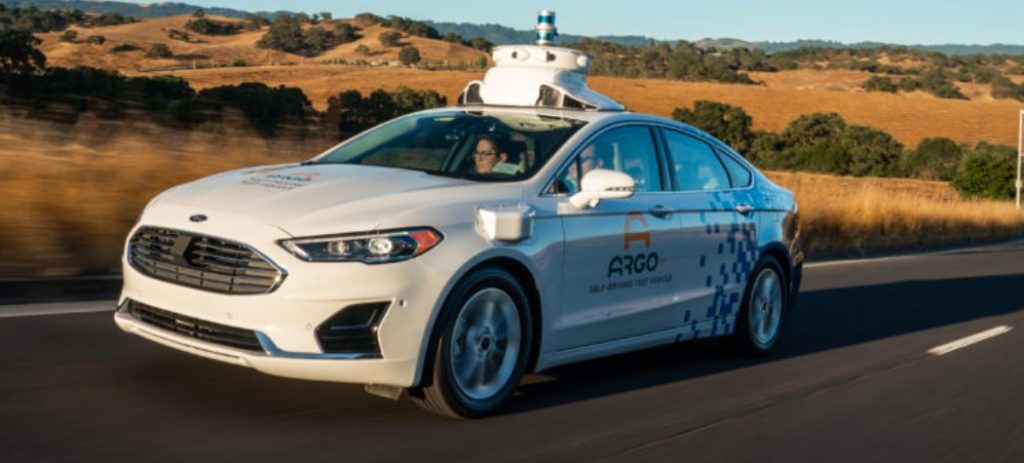
Ford vehicle on self driving tests conducted by Argo AI.
Jointly Autonomous
Argo AI is a leading technology driver in Level 4 autonomous technology that aim at introducing their tech first in ride hailing and goods delivery vehicles. Last week, Volkswagen closed its previously announced investment in Argo AI, the Pittsburgh-based company in which Ford already had ownership and development interests. Ford and Volkswagen will independently work on distinct, highly capable autonomous-vehicle businesses based on Argo AI’s self-driving technology.
Argo AI has plans to launch their SDS platform in Europe and the US and the global reach of Ford and Volkswagen will give them the largest geographic deployment potential of any autonomous driving technology to date. This is a milestone example of how big global brands can help the progress of breakthrough technologies that require substantial time and resources.
Just as the interests in Argo AI are independent, the alliance between Volkswagen and Ford also implies no cross-ownership and they will remain competitors in the marketplace.

